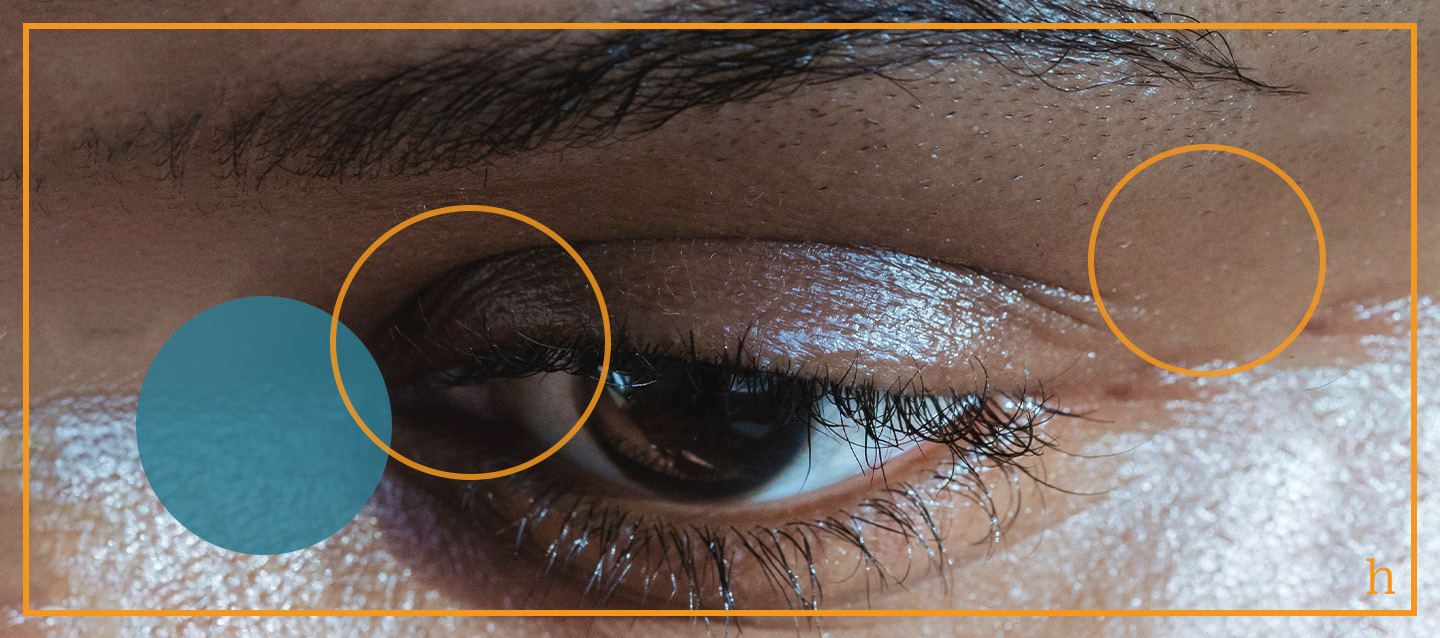PTSD & Trauma
Trauma disorders, such as Acute Stress Disorder (ASD), Post-Traumatic Stress Disorder (PTSD) and Complex Post-Traumatic Stress Disorder (C-PTSD), are intricate and often debilitating conditions that can affect anyone who has experienced a traumatic event. Trauma can encompass a wide range of experiences, from war and natural disasters to childhood abuse and domestic violence. Understanding how trauma impacts the brain and body is crucial for both individuals struggling with these conditions and those who hope to support them.
Trauma has a profound impact on the brain and body. Exposure to a traumatic event can cause the brain’s stress response system to become dysregulated. This results in an overactive “fight or flight” response, which can lead to a state of heightened anxiety, hypervigilance, and emotional dysregulation, amongst other emotionally and physically debilitating symptoms. The brain may also struggle to process and integrate the traumatic memories, which results in distressing flashbacks and nightmares. In the body, trauma can lead to chronic physical symptoms, including sleep disturbances, a weakened immune system, digestive issues, and even an increased risk of heart disease. These challenges are the result of long-lasting alterations in the body’s stress response system.
Symptoms of trauma disorders often vary from one individual to another, but there are some common threads with trauma’s imprint. Individuals with PTSD may experience flashbacks, intrusive thoughts, and avoidance of reminders of the traumatic event. They may also be hyperaroused, displaying exaggerated startle responses and irritability. C-PTSD, on the other hand, often arises from prolonged and repetitive trauma, such as childhood abuse. Symptoms may include a pervasive sense of shame, difficulty with emotional regulation, dissociation, identity disturbances, and interpersonal struggles. Both disorders can lead to significant impairments in daily functioning, interpersonal relationships, and overall well-being.
Fortunately, there are several effective treatments for trauma disorders that may offer hope and healing for those who suffer. Trauma-focused therapies, such as Eye Movement Desensitization and Reprocessing (EMDR) and Trauma Focused Cognitive-Behavioral Therapy (TF-CBT), are evidence-based approaches which integrate exposure interventions and cognitive-restructuring techniques that are specific to the traumatic experience to help individuals process traumatic memories and learn effective coping strategies. Medications, when appropriate, can alleviate some symptoms, such as depression and anxiety helping an individual to experience more ease in their healing journey. Self-care practices, like mindfulness, yoga, and exercise, can also be beneficial in managing the physical and emotional effects of trauma as it aims to alleviate stress and regulate the parasympathetic nervous response. The support of a compassionate and understanding community is often a crucial part of the healing process.
Trauma disorders, including PTSD and C-PTSD, can be profoundly challenging, but with the right treatment and support, individuals can find a path to recovery, regain a sense of control over their lives, and experience hope and resiliency. If you or someone you know is struggling with trauma, it is essential to reach out to a mental health professional who can provide the necessary guidance and support on the journey toward healing.
Get the support you need from one of our licensed therapists.




